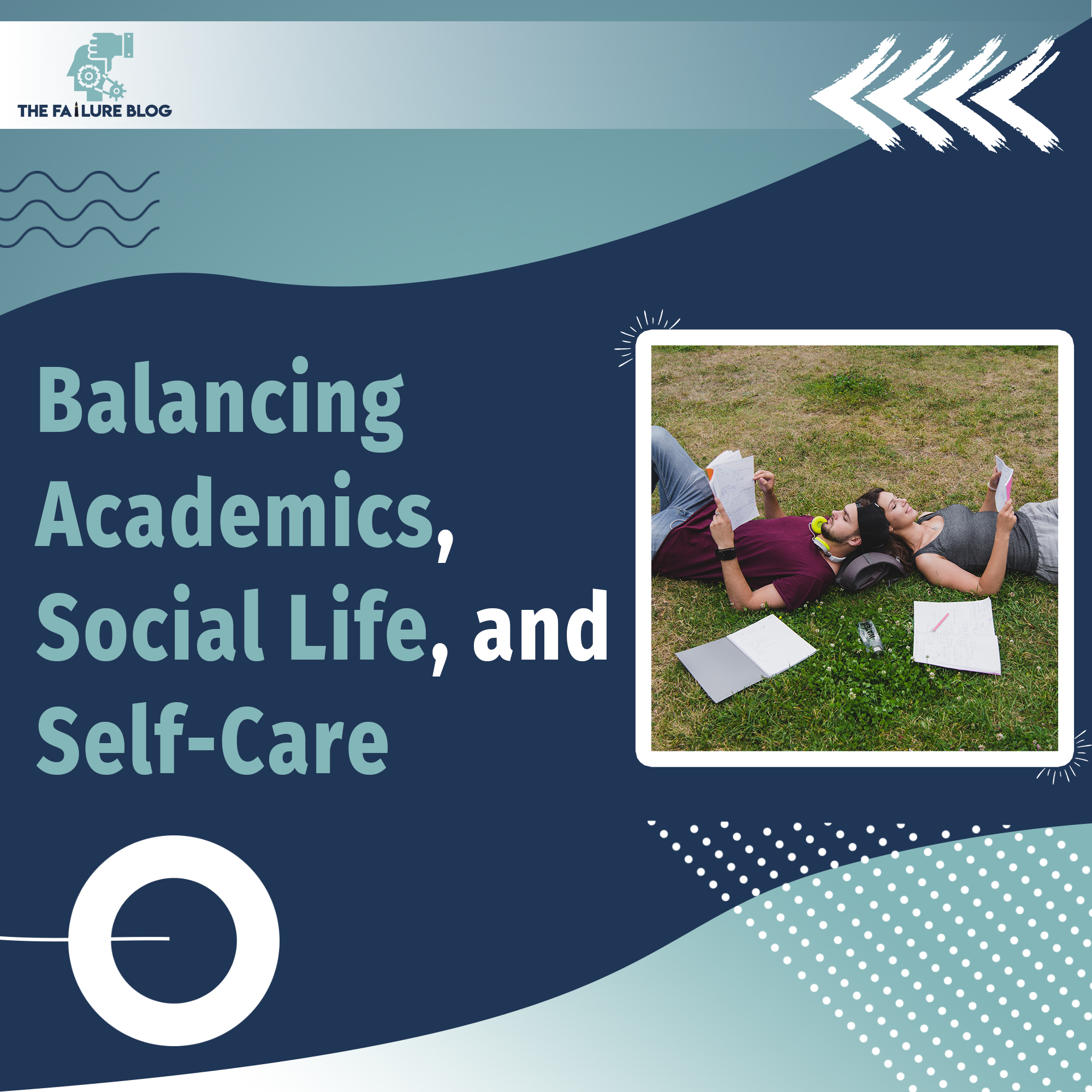
Student life often feels like balancing on a tightrope, with academics, social life, and self-care demanding equal attention. As the pressures mount, it’s easy to feel overwhelmed by the weight of assignments, social commitments, and personal well-being. Imagine juggling deadlines and exams while also trying to maintain friendships and personal health—it can be quite the challenge. Yet, striking a harmonious balance among these areas is not only possible but essential for a fulfilling and successful college experience.
In this guide, we’ll explore practical strategies for managing these critical aspects of your life. We’ll delve into effective techniques for handling academic responsibilities, tips for nurturing meaningful social connections, and strategies for prioritizing self-care. Whether you’re struggling to find time for friends amid a busy schedule or trying to ensure you’re not neglecting your own well-being, this article will provide actionable insights to help you achieve that delicate balance. By integrating these elements thoughtfully, you can thrive academically while enjoying a rich social life and maintaining your health and happiness.
Mastering Academic Priorities
Academics are a major part of student life, and managing them effectively is essential. One of the first steps to academic success is setting clear priorities. Begin by identifying your most important tasks and deadlines. Use a planner or digital calendar to organize your schedule and break down larger assignments into manageable chunks.
Effective study techniques can also make a significant difference. The Pomodoro Technique, for instance, involves working in focused intervals (usually 25 minutes) followed by short breaks. This method not only helps maintain concentration but also prevents burnout. Active recall, where you test yourself on the material, is another proven method for enhancing retention and understanding.
Leverage technology to keep yourself on track. Apps like Todoist or Microsoft To Do can help you manage tasks and deadlines efficiently. Calendar apps, such as Google Calendar, can organize your study sessions and keep track of important dates. By staying organized and employing effective study techniques, you can handle academic demands without feeling overwhelmed.

Nurturing Your Social Life
Maintaining a vibrant social life is important for your mental and emotional health. Social connections provide support, reduce stress, and add joy to life. However, finding time for friends and social activities while managing academic responsibilities requires careful planning.
Start by scheduling social events around your academic commitments. Use your planner to map out both study sessions and social activities, ensuring that you allocate time for each. Remember, quality often outweighs quantity when it comes to social interactions. Prioritize spending time with friends who uplift you and engage in activities that you genuinely enjoy.
Balance is key. It’s okay to say no to some social invitations if they conflict with important deadlines or personal commitments. By being intentional with your time, you can maintain meaningful relationships without sacrificing your academic goals.
Prioritizing Self-Care
Self-care is a vital component of a balanced life. Without it, the pressures of academic and social demands can quickly lead to burnout. Incorporating self-care into your routine is essential for maintaining physical and mental health.
Start by focusing on mental well-being. Techniques such as mindfulness meditation or journaling can help manage stress and enhance emotional resilience. If you find yourself struggling, seeking support from campus counseling services or talking to a trusted friend can be beneficial.
Physical health also plays a significant role in overall well-being. Regular exercise, balanced nutrition, and sufficient sleep are crucial. Aim for at least 30 minutes of physical activity most days of the week, and try to incorporate a variety of exercises to keep things interesting. A nutritious diet and adequate hydration will support both your physical health and cognitive function.
Additionally, finding time to relax and unwind is important. Engage in hobbies or activities that bring you joy, whether it’s reading, painting, or playing a musical instrument. These moments of relaxation help recharge your energy and reduce stress, allowing you to approach academic and social tasks with renewed focus.

Integration for Balance
The key to balancing academics, social life, and self-care lies in understanding how these areas intersect and support each other. Effective time management is crucial for integrating these aspects seamlessly. For instance, maintaining a well-organized schedule helps you allocate time for study, social activities, and self-care without feeling overwhelmed.
Balancing these elements is not about achieving perfection in each area but about finding a harmonious blend that works for you. Recognize that there will be times when one aspect may need more focus than another. For example, during exam periods, academics might take precedence, but it’s essential to still find time for relaxation and social interaction to avoid burnout.
By creating a balanced routine, you’ll be better equipped to handle the demands of student life. Regularly assess your schedule and adjust as needed to maintain a healthy equilibrium. This approach ensures that you can thrive academically while nurturing your social life and prioritizing self-care.
Setting Realistic Goals and Expectations
Achieving balance in student life requires setting realistic goals and managing expectations. Start by defining what success looks like in each area of your life, and be honest about what you can reasonably achieve. Setting clear, attainable goals helps you stay focused and motivated without feeling overwhelmed.
Remember, it’s about making steady progress rather than perfection. Regularly reassess your goals and adjust them as needed to reflect changes in your academic workload, social commitments, and self-care needs.
Conclusion
Balancing academics, social life, and self-care is a dynamic process that requires thoughtful planning and flexibility. By setting academic priorities, managing social commitments, and incorporating self-care practices into your routine, you can navigate the challenges of student life more effectively.
Remember, finding balance is an ongoing journey. Be patient with yourself as you adjust and refine your approach. Implement the strategies discussed, and don’t hesitate to seek support when needed. With a well-rounded approach, you can achieve academic success while maintaining a fulfilling social life and prioritizing your well-being.





Leave a Reply